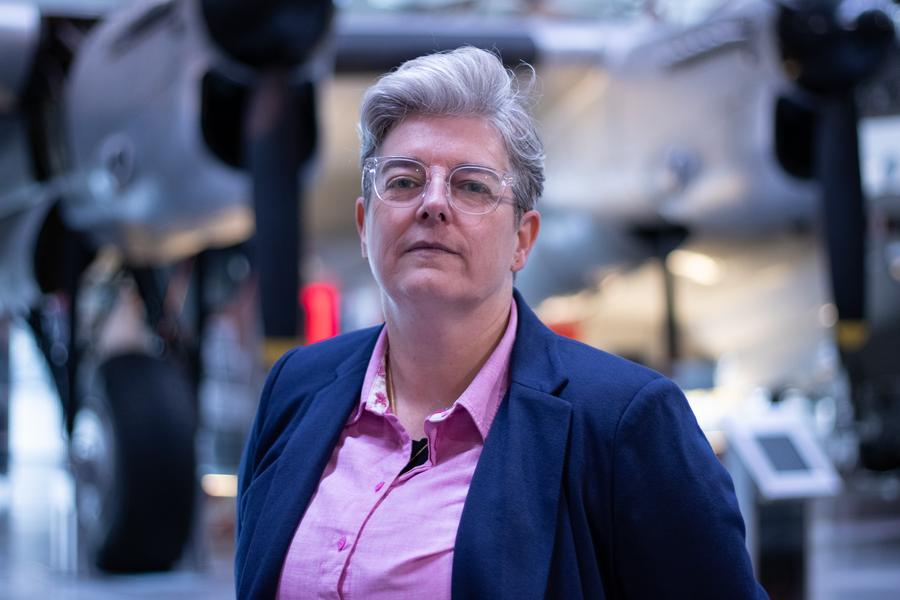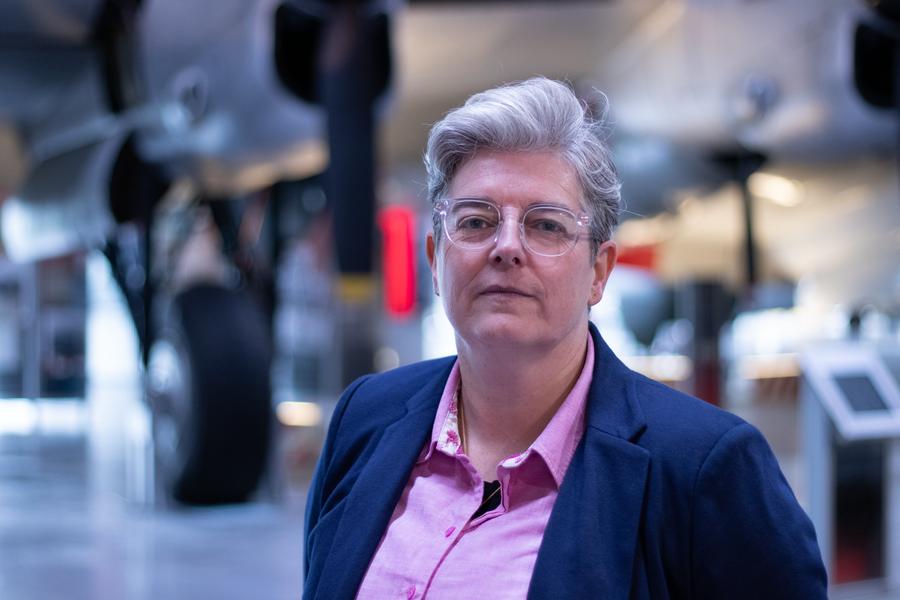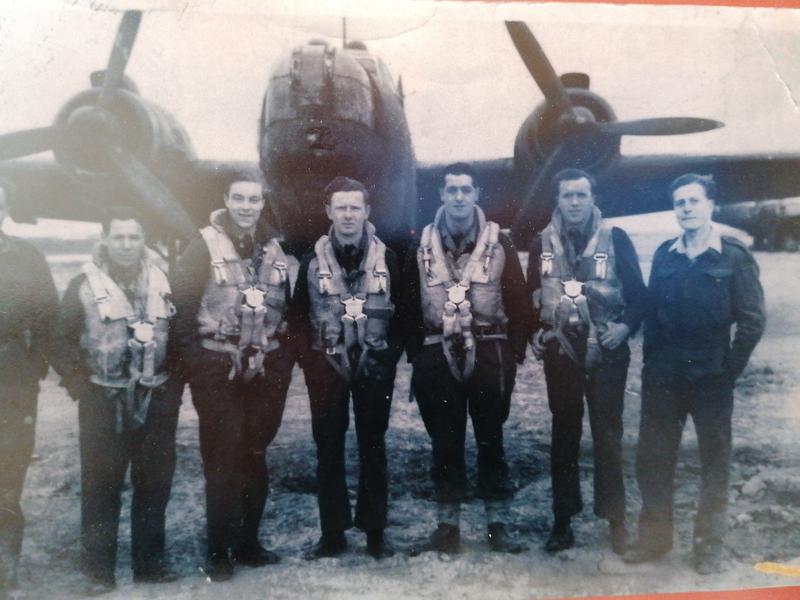Yeah.
So a couple of
the offices that I was on shift with
we thought that they could try it
because,
Well, you know,
there was a lack of respect for WRAF.
From our leadership team.
So that filtered down to the, the, broader
flight.
yeah.
So I had a guy.
Yeah.
I had a guy,
decide to get his,
his stuff out,
When I was in a land rover with him
if I wanted to help him out,
So I was driving.
I'd been driving at the time.
I think we'd just pulled over somewhere,
just got out and started walking away
And then obviously
all apologetic.
But.
Yeah.
No, it's not the professional.
Behavior
that you kind of expect from the service
and from the team that you're going into,
you know,
not what I anticipated at all.
yeah.
And,
Other colleagues hadn't been, hadn't done
So they had, been drawn in,
to what they wanted, I guess is,
And so that's how the court
martial came about. So,
yeah,
because,
It became a big public interest story.
And, which none of us obviously expected,
and also all the British media were there,
so TV stations were there,
The WRAF block that I was staying
in was across from the court. And,
I'd have to
kind of put my, my hat
walking across, because there's just be
and, trying to talk to you.
yeah.
So again, we weren't supported,
supported by our broader team
kicked out of service.
So he was dismissed,
But kind of life carried on,
it's like it's one bad apple.
And, life carries on.
And so it's not
the behavior was, but, you know,
you kind of think back now and it was the,
you know, the 1990s.
So things they weren't as.
Open or aware of things like, you know.
So self-awareness wasn't a thing was it,
that self-awareness
with the group that I was with.
Didn't change the response.
yeah.
There was no additional care or support
So no, there was no,
no reflection,
to help us after that.




